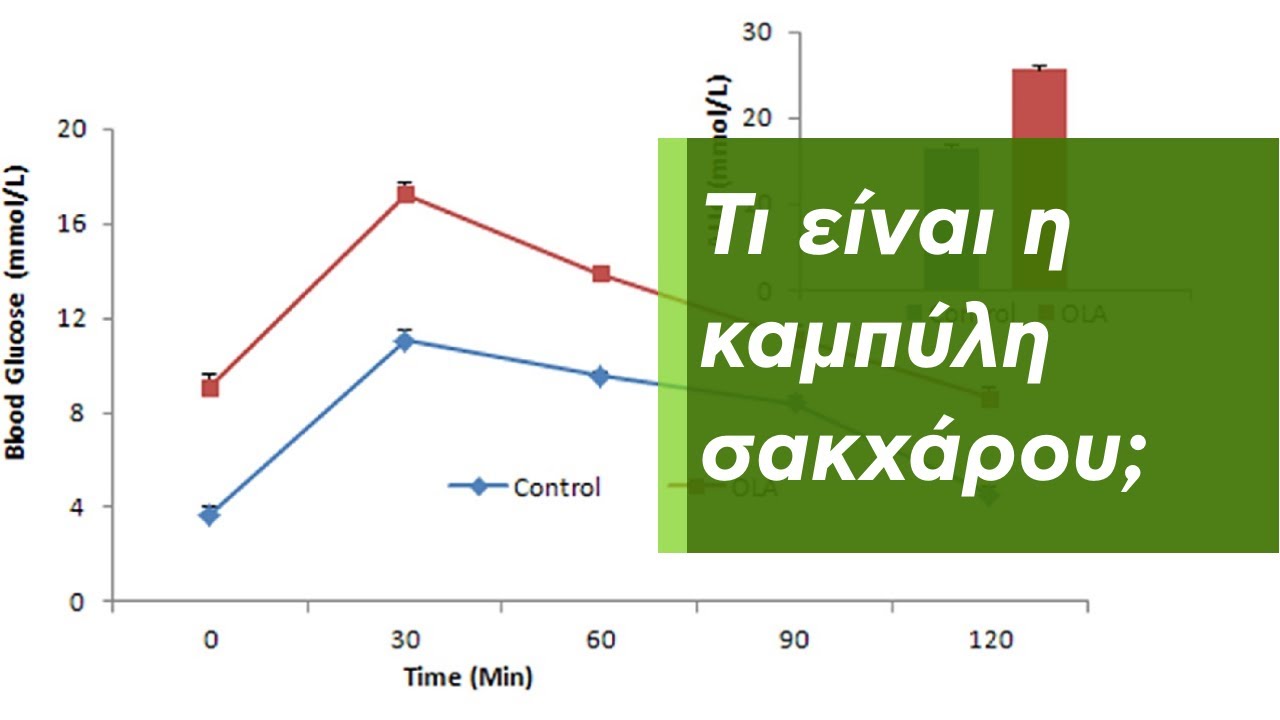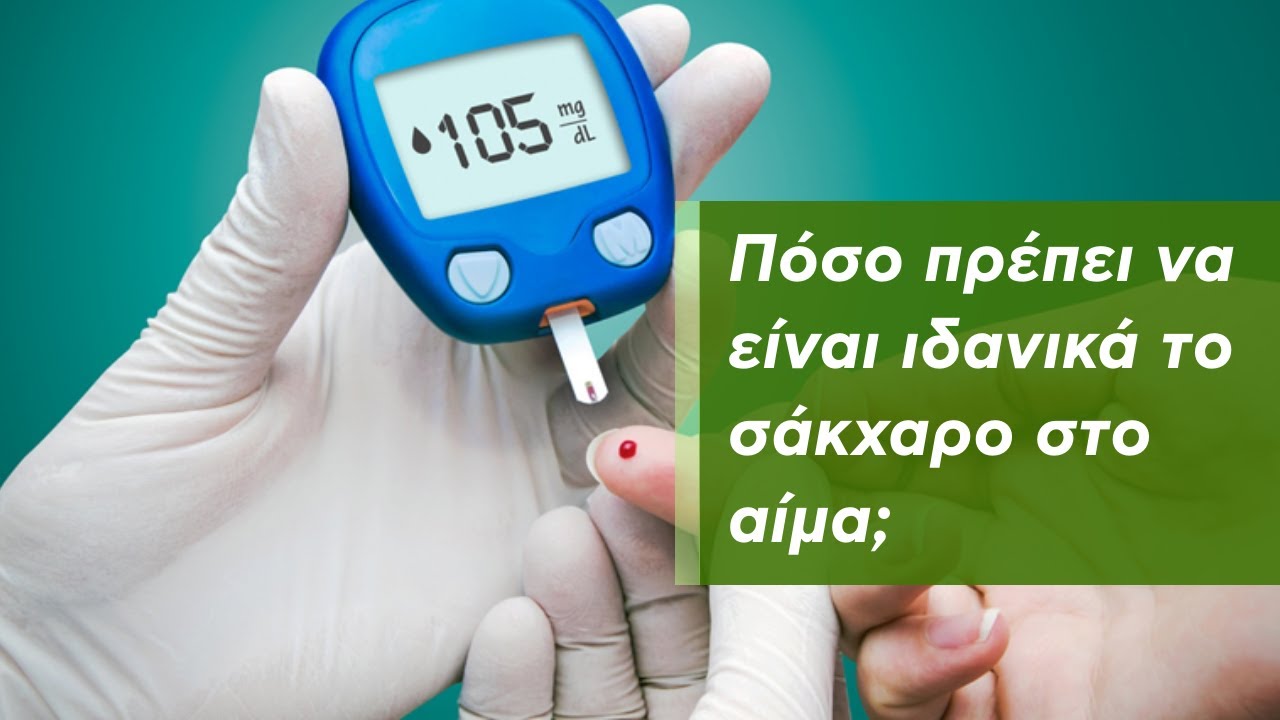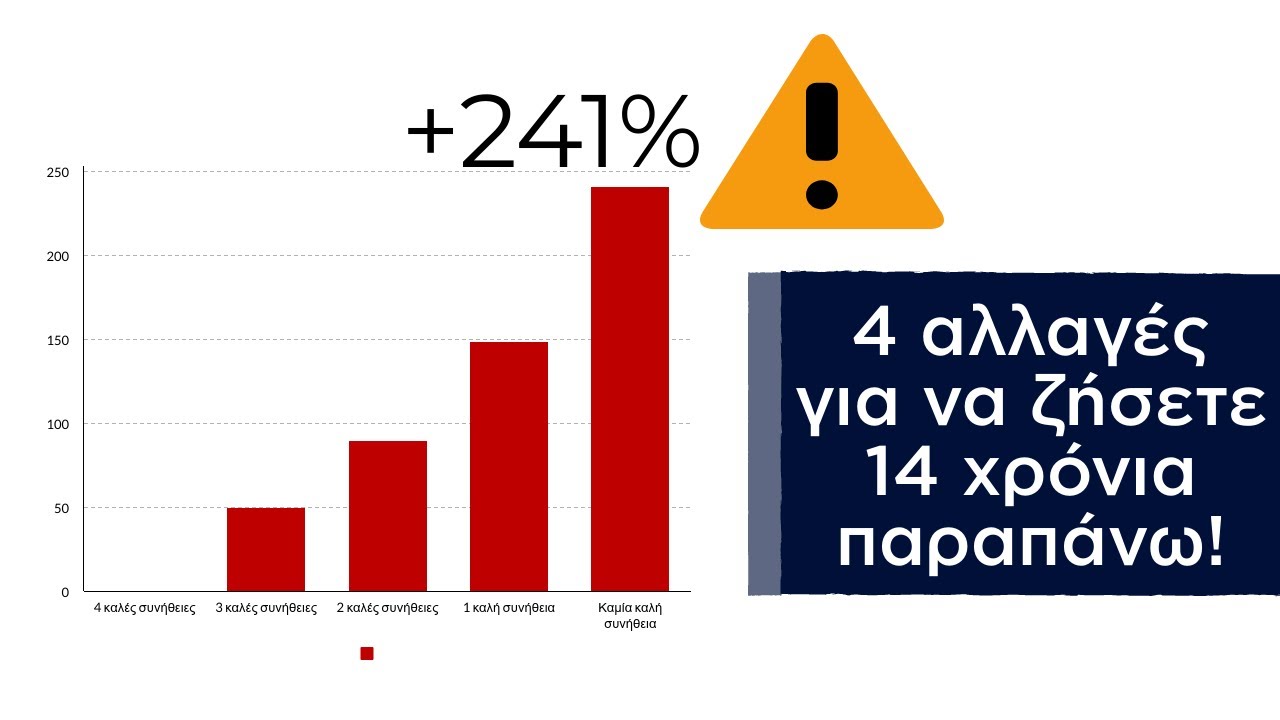Κείμενο
Πριν αρκετά χρόνια, μία αγαπημένη συνάδελφος ενδοκρινολόγος, η οποία με έχει συστήσει σε πάρα πολλούς από τους ασθενείς της, τους οποίους παρακολουθώ εγώ για το πρόγραμμα διατροφής τους, μου είχε κάνει την τιμή να περάσει από το ιατρείο για να μου φέρει ένα συγγενή της να ξεκινήσει πρόγραμμα διατροφής μαζί μου. Πριν αρχίσουμε να συζητάμε το ιατρικό ιστορικό του συγγενή της, πιάσαμε την κουβέντα γιατί μου είπε ότι μόλις έχει επιστρέψει από ένα συνέδριο διαβητολογίας στο εξωτερικό. Σύντομα η κουβέντα έφτασε στο ερώτημα πόση σημασία παίζουν τα γονίδια στην πιθανότητα να εμφανίσει κάποιος διαβήτη. Η αγαπημένη ενδοκρινολόγος με ενημέρωσε ότι σύμφωνα με τις τελευταίες μελέτες, υπολογίζεται ότι η πιθανότητα να εμφανίσει κάποιος διαβήτη οφείλεται κατά 80% σε γονίδια. Αυτό το πράγμα με άφησε άναυδο. Αυτό που άκουσα απέχει πάρα πολύ από την καθημερινή κλινική μου εμπειρία. Αυτό που βλέπω καθημερινά στο ιατρείο μου είναι ότι έρχονται πολλοί πελάτες που πάσχουν από διαβήτη και ενώ λαμβάνουν πλούσια αντιδιαβητική αγωγή, μετά από μερικούς μήνες σωστής διατροφής και αλλαγής του τρόπου ζωής, καταφέρνουν χωρίς μεγάλες θυσίες να διώξουν τα περισσότερα, αν όχι όλα, τα φάρμακα για το διαβήτη. Αν λοιπόν η πάθηση είναι κατά 80% θέμα γονιδίων, τότε πώς είναι δυνατόν στο ιατρείο μου η συντριπτική πλειοψηφία των ασθενών με διαβήτη που παρακολουθώ να καταφέρνουν να σταματούν τη φαρμακευτική τους αγωγή και να μπορούν να ρυθμίσουν το ζάχαρο τους μόνο με σωστή διατροφή και μερικές φορές με τις κατάλληλες βιταμίνες; Από την άλλη, υπάρχουν πολλές μελέτες που δείχνουν ότι όντως υπάρχει ένα πολύ ισχυρό γονίδιο για την ανάπτυξη του σακχαρώδη διαβήτη. Άρα, πού είναι η αλήθεια; Είναι αυτή που βλέπω καθημερινά στο ιατρείο ή σε αυτό που λένε οι μελέτες; Υπάρχει τρόπος να χωρέσουν και τα δύο, αρκεί να καταλάβουμε τι εννοούμε όταν λέμε ότι η πιθανότητα να εμφανίσει κάποιος διαβήτη έχει ισχυρή γονιδιακή αιτιολογία. Σήμερα θέλω να το εξηγήσω για να γίνει απόλυτα κατανοητό από όλους. Σύμφωνα με τις

τελευταίες μελέτες υπολογίζεται ότι το 50% των ανθρώπων, πράγμα που σημαίνει λίγο πολύ οι μισοί άνθρωποι που γνωρίζετε, έχουν προδιάθεση για διαβήτη. Έχουν δηλαδή τα γονίδια τα οποία κάτω από κάποιες συνθήκες θα τους κάνουν να εμφανίσουν διαβήτη. Θα ξεκινήσω ερμηνεύοντας πρώτα τι σημαίνει το αντίθετο. Τι σημαίνει ότι κάποιος δεν έχει προδιάθεση για ζάχαρο. Οι μισοί άνθρωποι που γνωρίζετε δεν έχουν προδιάθεση για ζάχαρο. Τι σημαίνει αυτό; Αυτό σημαίνει το εξής: οι άνθρωποι που δεν έχουν προδιάθεση για διαβήτη, όσα κιλά και να πάρουν, όσο κακή διατροφή και αν κάνουν, ακόμα και δεν κινούνται ποτέ στη ζωή τους σαν μορφή άσκησης ή δραστηριότητας, δεν θα εμφανίσουν διαβήτη. Αυτοί είναι οι συνάνθρωποί μας που είναι οχυρωμένοι 100% από το διαβήτη. Ακόμα και αν κάνουν όλα τα λάθη στον τρόπο ζωής που συνδέονται με αυξημένη πιθανότητα εμφάνισης διαβήτη δεν θα εμφανίζουν ποτέ διαβήτη. Το σάκχαρο στο αίμα τους θα είναι μονίμως 75 με 85 και η γλυκοζυλιωμένη τους θα είναι πάντα 5 έως 5,50. Αυτοί είναι οι τυχεροί ως προς το διαβήτη. Σπουδαίο και σημαντικό. Πάμε να δούμε τους άλλους μίσους. Οι υπόλοιποι μισοί άνθρωποι που γνωρίζετε έχουν προδιάθεση για διαβήτη, πράγμα που σημαίνει ότι κάτω από κάποιες συνθήκες θα εμφανίσουν αυξημένο σάκχαρο στο αίμα που μακροχρόνια θα οδηγήσει σε μία σειρά από δυσάρεστες συνέπειες για την υγεία τους. Αυτό όμως δεν είναι το ίδιο για όλους. Κάποιοι θα πρέπει να έχουν πάρα πολύ αυξημένο βάρος, ας πούμε 200-250 κιλά και να έχουν πάρα πολύ άσχημη διατροφή ώστε να εμφανίσουν διαβήτη, ενώ κάποιοι άλλοι ακόμα και αν κάνουν όλα τέλεια, πάλι θα εμφανίσουν διαβήτη. Φυσικά, οι περισσότεροι βρίσκονται στη μέση αυτού του εύρους. Άρα, η προδιάθεση δεν είναι κάποια καταδίκη. Τουλάχιστον για τη συντριπτική πλειοψηφία των ανθρώπων που έχουν προδιάθεση. Ένα μικρό ποσοστό, της τάξης του 5% των ανθρώπων που έχουν προδιάθεση για διαβήτη, ακόμα και αν ακολουθήσουν τις οδηγίες αλλαγής τρόπου ζωής τέλεια, πάλι θα εμφανίσουν διαβήτη. Οι υπόλοιποι, που είναι πάνω από το

95%, θα εμφανίσουν διαβήτη μόνο εάν δεν ακολουθούν έναν τρόπο ζωής που προλαμβάνει τον διαβήτη. Για παράδειγμα κάποιος μπορεί να εμφανίσει διαβήτη αν το βάρος του φτάσει στα 100 κιλά, κάποιος άλλος αν το βάρος του φτάσει στα 120 κιλά και ούτω καθεξής. Μπορεί δύο άτομα να έχουν το ίδιο βάρος και την ίδια προδιάθεση για διαβήτη, και ο ένας από τους δύο να μην εμφανίσει διαβήτη γιατί γυμνάζεται συστηματικά. Ή μπορεί δύο άνθρωποι να έχουν την ίδια προδιάθεση για διαβήτη, να έχουν το ίδιο βάρος, και ο ένας να μην εμφανίσει γιατί έχει σωστή διατροφή. Αυτό που θέλω να γίνει κατανοητό από το βίντεο αυτό είναι ότι όντως τα γονίδια παίζουν πολύ σημαντικό ρόλο στην πιθανότητα εμφάνισης διαβήτη, αλλά ο διαβήτης είναι αναπόφευκτος μόνο σε ένα πολύ μικρό ποσοστό ανθρώπων. Η συντριπτική πλειοψηφία των ανθρώπων που έχουν προδιάθεση για διαβήτη δεν θα εμφανίσουν ποτέ αν εφαρμόσουν αυτά που λέμε ξανά και ξανά μέσα από το κανάλι, δηλαδή χαμηλό βάρος, απουσία κοιλιακού λίπους, σωστή διατροφή και συστηματική άσκηση. Αν φτάσατε μέχρι εδώ, είμαι σίγουρος ότι σας ενδιαφέρει πολύ το θέμα το διαβήτη. Θα σας συνιστούσα τότε να δείτε το βίντεο που εμφανίζεται στα δεξιά μου, που παρουσιάζει ποιες ομάδες τροφών φαίνεται σε προοπτικές μελέτες να μειώνουν σημαντικά την πιθανότητα να εμφανίσει κάποιος διαβήτη και ποιες να την αυξάνουν. Είμαι σίγουρος ότι σας ενδιαφέρει πολύ και πρέπει να το δείτε. Σας ευχαριστώ πολύ.

















































































0 Σχόλια